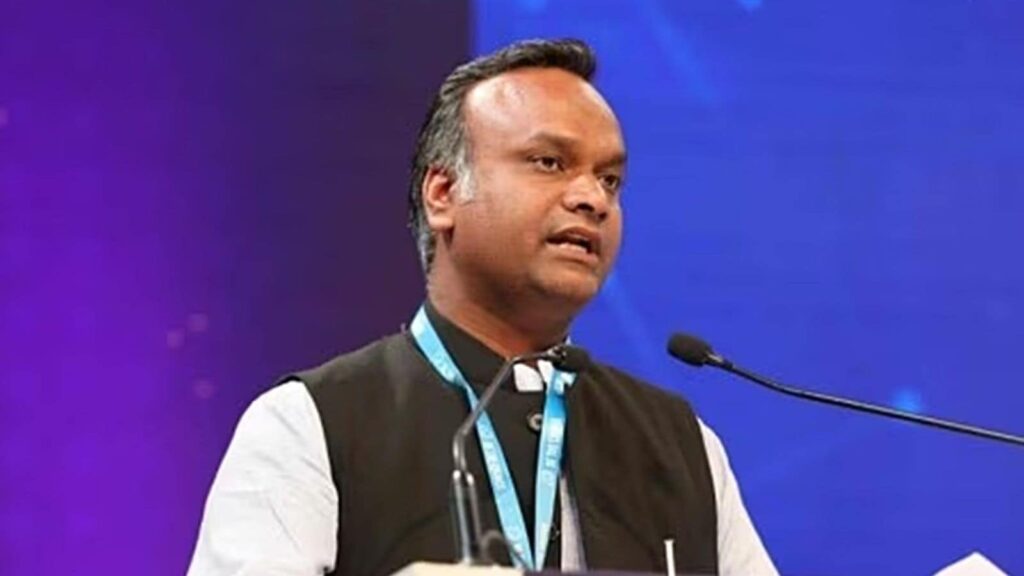Karnataka IT-BT Minister Priyank Kharge on Thursday supported bike taxis–a stance that contradicts the position of his own government, which has banned bike taxis and opted not to formulate a regulatory framework for their operations.
Speaking during a fireside chat session on “The role of technology in driving sustainable mobility” in Bengaluru, Kharge said, “Just because we don’t have a formulated (a bike taxi) policy, we can’t stifle innovation.”
He added, “When no policy exists for such innovation, we place it in a regulatory sandbox. We permit them to operate as long as they’re not violating any law or doing anything unconstitutional. While running their business, they earn profits, people benefit, and innovation isn’t stifled. The bottom line is the government must be as agile as startups, as open as corporates, and as farsighted as the public expects. Ultimately, besides private players or corporates, it’s also the government’s responsibility to achieve this.”
This comes after Transport Minister Ramalinga Reddy explicitly ruled out the possibility of formulating a bike taxi policy, citing the illegality of using white board two-wheelers for commercial purposes.
However, the central government on July 1 opened the door for non-transport motorcycles to ply bike taxi services on ride-hailing aggregator platforms across India, with the Ministry of Road Transport and Highways notifying revised Motor Vehicle Aggregator Guidelines 2025.
The new framework gives state governments discretionary authority under sub-section (3) of section 67 of the Motor Vehicles Act to allow aggregation of non-transport motorcycles.
Rapido, Uber and Ola had to cease their bike taxi operations on June 16, following a Karnataka High Court order directing aggregators to suspend their operations in the absence of guidelines under section 93 of the Motor Vehicles Act.
Story continues below this ad
The single-bench order of the high court has been challenged by the aggregators before a division bench of the court.
Several bike taxi riders across Karnataka have launched an indefinite hunger strike since June 30, demanding the withdrawal of the state government’s ban on bike taxis.
According to the riders, a significant number of bike taxi riders are from economically weaker backgrounds, including students, former daily-wage workers, and women who have returned to work post-pandemic. Riders claim that the flexibility and accessibility of the profession have made it a viable source of income in regions where formal employment opportunities are limited.
Meanwhile, commuters have been complaining of steep prices levied by aggregators on autos as a fallout of the suspension of bike taxis. Many commuters have shared screenshots across social media platforms exposing the “excess fares” charged by the aggregators, prompting the transport department to crack down on erring auto drivers for violations.



